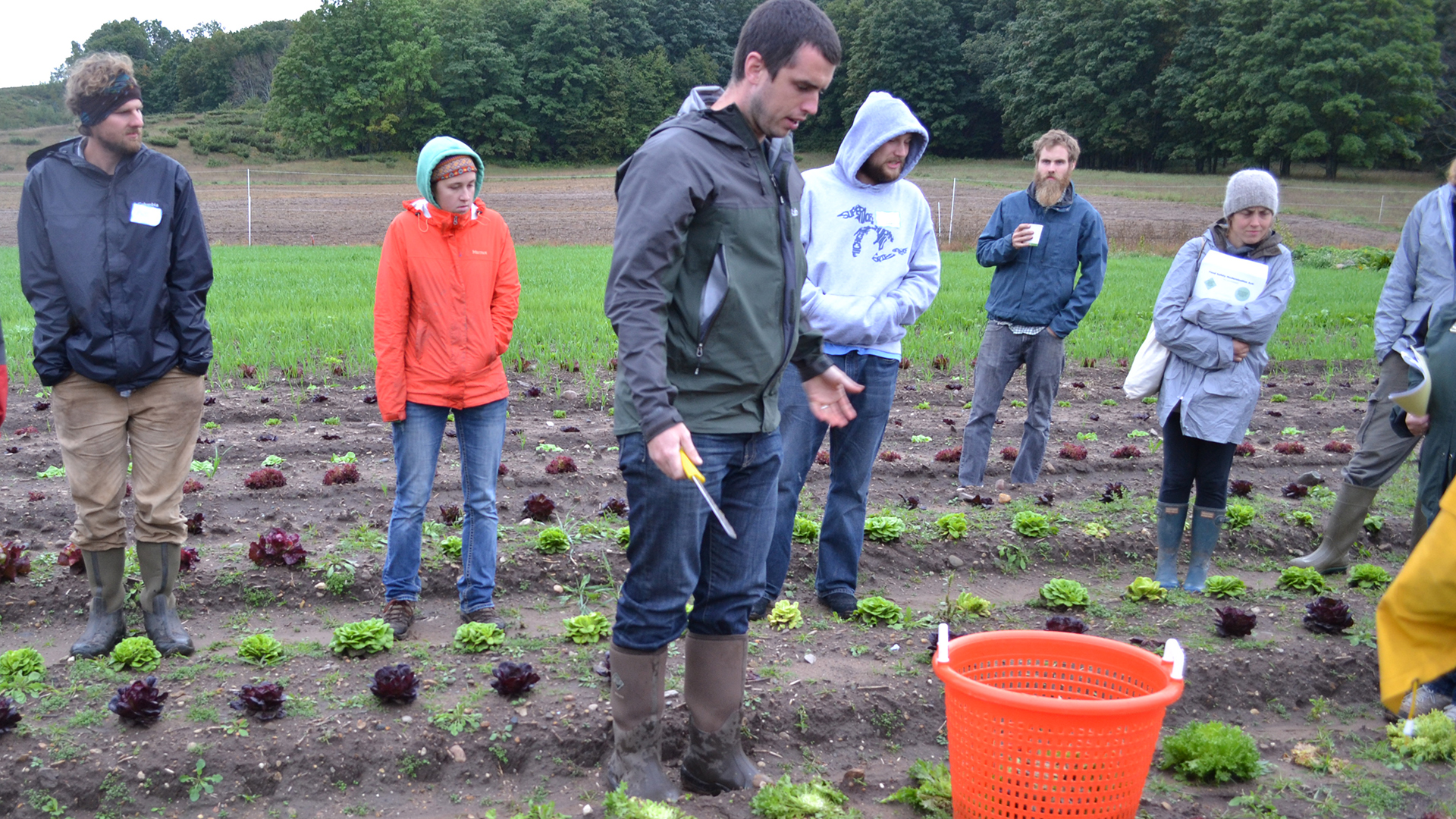Worker Training Throughout the Season: How to Build a Program that Works for Your Farm
, MSU Extension Educator

Farmworkers who understand the importance of on farm produce safety and take seriously their role in achieving it are a critical component of a farm’s produce safety program. The FSMA Produce Safety Rule states that, “All workers that handle or contact covered produce or supervise covered activities must be trained on produce safety upon hiring and at least annually throughout their employment (§ 112.21(a)) or more frequently if produce safety standards are not being met (§ 112.21(d))”. Making time to train workers, especially as new employees come on during the height of the busy season, can be a challenge. It can also be difficult to keep employees engaged and interested during training refreshers. There are a number of strategies that you may find helpful to address these challenges on your farm.
Mid-season Training
What comes to mind when you hear the word “training”? Often we think of everyone sitting in chairs watching a presentation or video on a screen. This is one way to train, but consider incorporating other training methods that can take place right in the work environment. Demonstrations can be really effective. As an example, a supervisor could demonstrate the harvest process while talking through key produce safety concepts such as how to check for signs of animals contaminating the crop, how to ensure harvest bins are kept sanitary, what to do if you cut yourself with a harvest knife, and so on.
Repetition of information in different ways and reinforcement of desired behaviors with recognition or praise can help to cement the information in the workers mind and make it more likely that they will do what is asked of them. Some ways to incorporate repetition are to have trainees repeat back the process after observing the demonstration or asking them to perform the task themselves while the supervisor observes and provides feedback. Positive feedback and praise can be more effective than pointing out what someone is doing wrong. Giving praise can be as simple as noticing when someone is doing a great job and pointing it out to them. Incentives such as gas cards, donuts or other inexpensive rewards can motivate employees as well.
Since you’ll be conducting training for new employees, consider having all employees attend as a refresher. Allowing opportunities throughout the training for seasoned employees to share actual examples of the produce safety risks they have encountered in their job and how they have addressed them can provide a richer training experience for the new staff as well as reinforce the concepts for all workers.
Training Refreshers
All workers should be actively involved in identifying and reducing risks on the farm. To keep this goal in focus throughout the busy work day, think about opportunities to reinforce your training on an everyday basis. Little reminders can make a big difference to reinforcing produce safety concepts and can include things like:
One of the most important factors in whether employees will comply with produce safety policies is whether or not their supervisor and others in position of authority are consistently modeling good produce safety behavior. In other words, do you practice what you preach? As mentioned in the previous section, praise and recognition from leadership can also be effective. A worker who knows that the supervisor has noticed their efforts and appreciates them will likely keep up the behavior.
While each worker needs training at least once a year, there are countless opportunities to train and reinforce learning every day. Retraining may be necessary if workers are not following produce safety policies. Not every technique may work for your farm or your employees, so take the opportunity to try out a few different strategies to find the best fit for your unique enterprise.



 Print
Print Email
Email